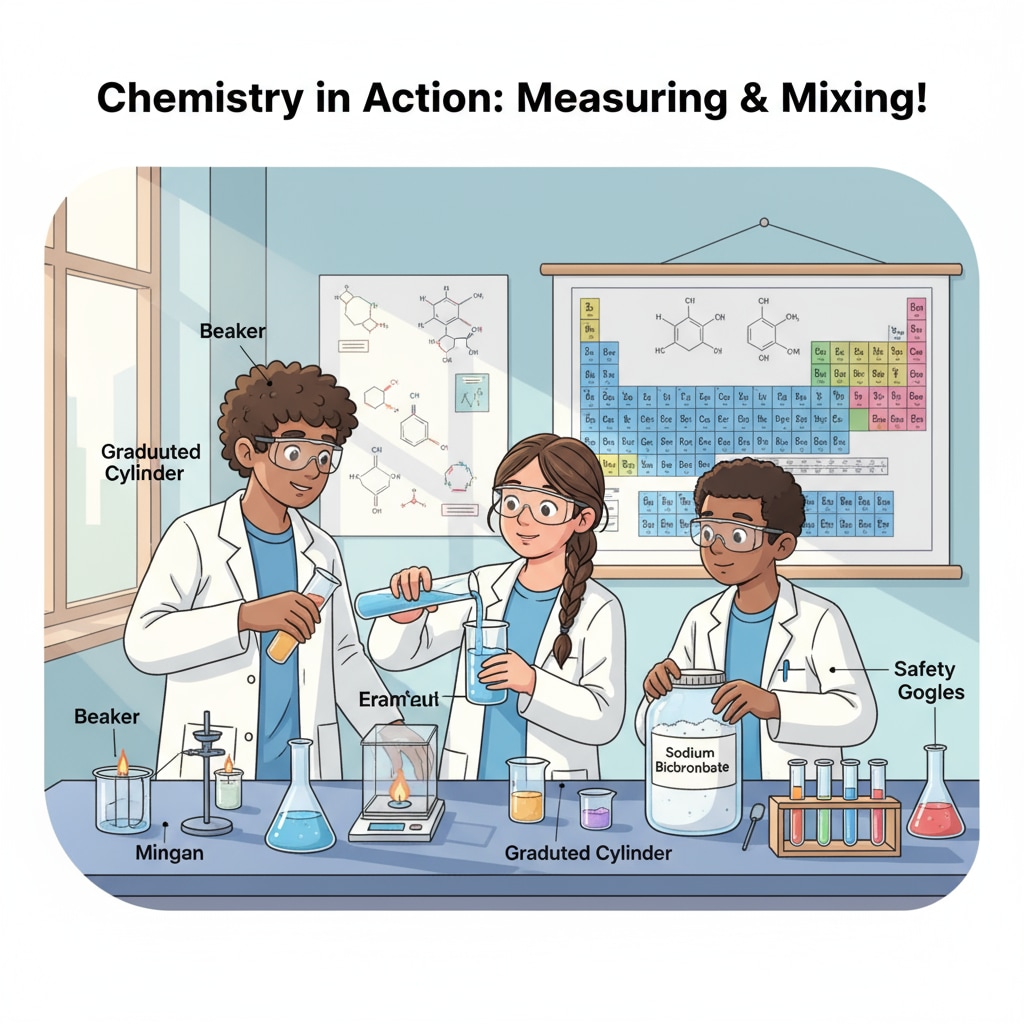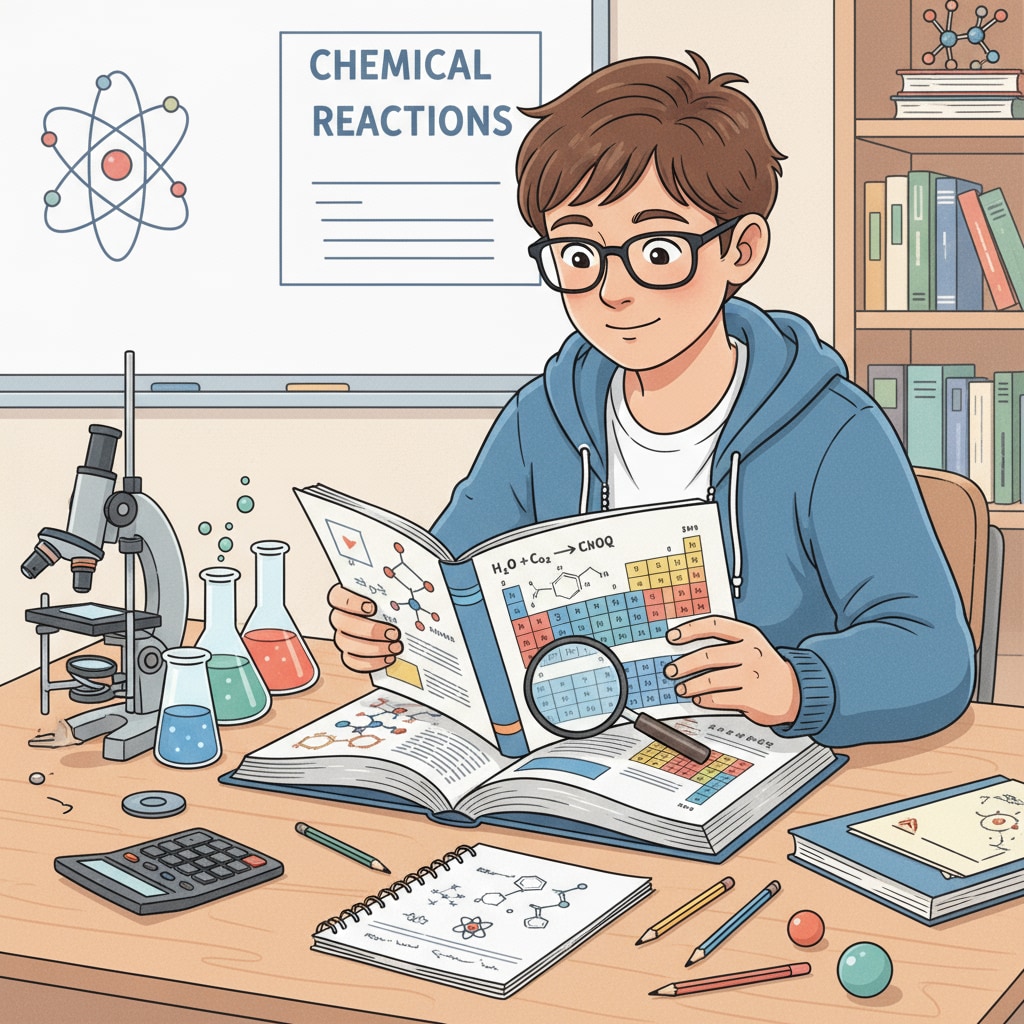Chemistry, degree choices, and career planning are crucial aspects for students with a passion for chemistry. For those in the K12 education phase, laying a solid foundation can open doors to a wide range of exciting future opportunities.

As they embark on this journey, understanding how to navigate through different educational stages and career options is essential.
The Importance of K12 Education for Chemistry Lovers
During the K12 years, students start to develop their fundamental knowledge of chemistry. This is the time when they are introduced to basic chemical concepts, such as the periodic table, chemical reactions, and the properties of substances. For example, in middle school science classes, students often conduct simple experiments like mixing baking soda and vinegar to observe chemical reactions. These hands – on experiences not only spark their interest but also help them build a strong base for future learning. According to Chemistry Education on Britannica, a solid K12 foundation in chemistry is vital for more advanced studies later on.

Developing Interdisciplinary Skills
In addition to pure chemistry knowledge, K12 students interested in chemistry should also focus on developing interdisciplinary skills. Chemistry intersects with many other fields, such as biology, physics, and mathematics. For instance, in biochemistry, understanding biological processes requires a good grasp of both chemistry and biology. Math skills are also crucial for calculating chemical equations and analyzing data. By taking courses in multiple subjects during K12, students can enhance their problem – solving abilities and gain a broader perspective. As stated on Interdisciplinary Studies on Wikipedia, interdisciplinary learning promotes a more comprehensive understanding of complex scientific issues.
As students progress through K12, they start to consider their future degree choices. There are several options available for chemistry enthusiasts. Some may choose a traditional chemistry degree, which delves deep into the theoretical and practical aspects of the subject. Others might opt for a more specialized degree, such as materials chemistry or environmental chemistry. These specialized degrees can provide in – depth knowledge in specific areas, opening up unique career paths.
When it comes to career planning, the possibilities for chemistry graduates are vast. They can work in research and development in the pharmaceutical industry, developing new drugs and treatments. Or they could be involved in quality control in food and beverage companies, ensuring product safety. In the environmental sector, chemists can play a crucial role in analyzing pollutants and developing solutions to environmental problems.
Readability guidance: This article uses short paragraphs to make the content easier to understand. Each H2 section provides key points about chemistry education, degree choices, and career planning. By keeping the passive语态 to a minimum and using transitional words like ‘for example’ and ‘in addition’, the flow of the article is smooth, guiding readers through the important aspects of chemistry – related development from K12 to future careers.


